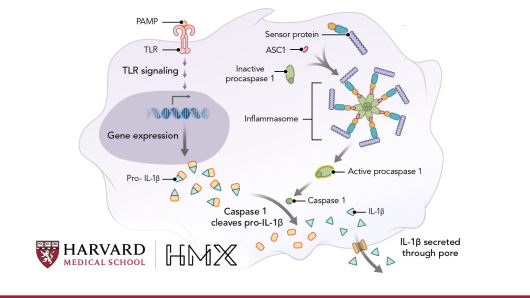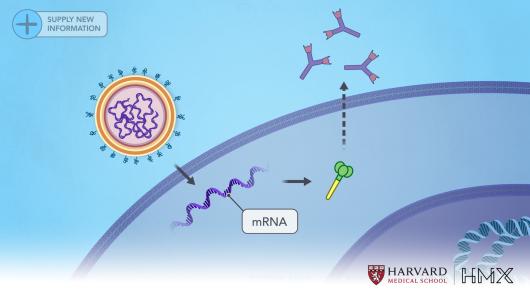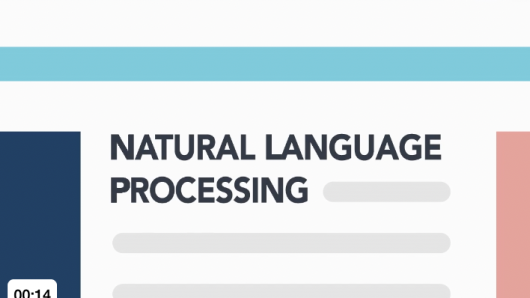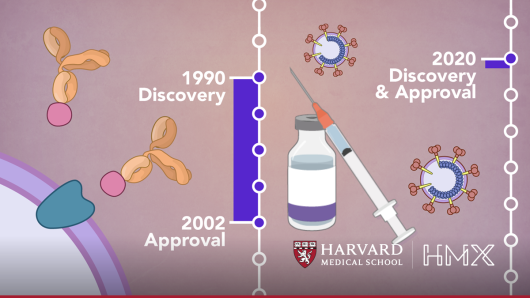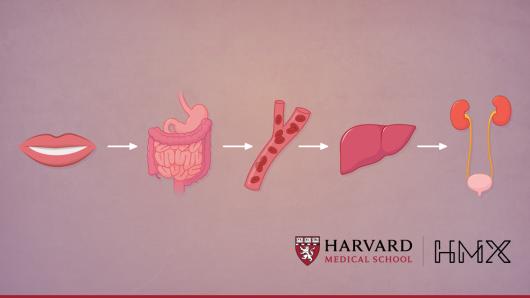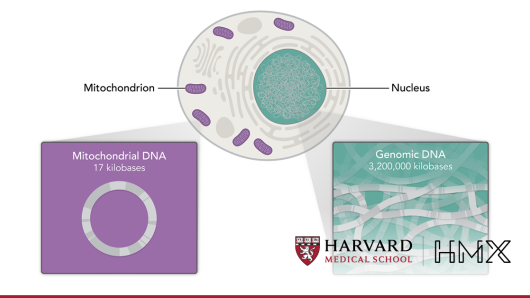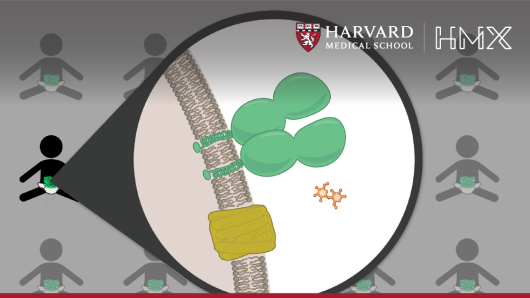96 results for
Online
Price
$1,600
Duration
5 weeks long
Registration Deadline
Opens Apr 22
Online
Price
Free*
Registration Deadline
Available now
Online
Price
$1,025
Registration Deadline
Online
Price
$495
Registration Deadline
Available now
Online
Price
$30
Duration
2 weeks long
Registration Deadline
Available now
Online
Price
Free*
Duration
7 weeks long
Registration Deadline
Available now
Online
Price
$1,250
Registration Deadline
Available now
Online
Price
Free*
Duration
10 weeks long
Registration Deadline
Available now
Blended
Price
$28,000
Duration
28 weeks long
Registration Deadline
Starts Oct 18






